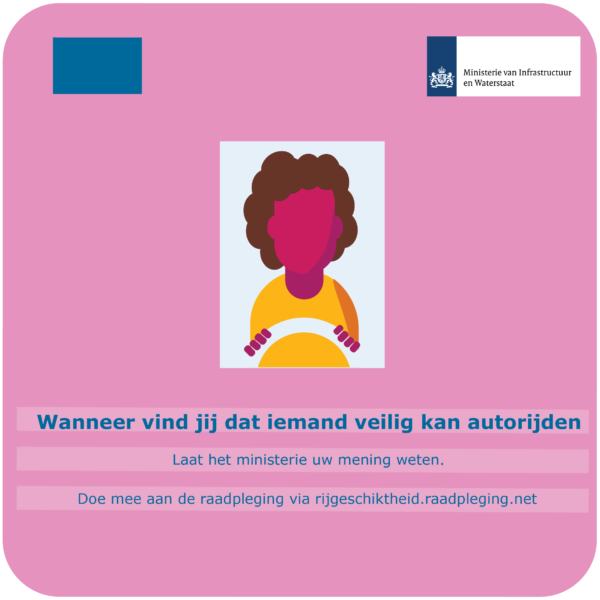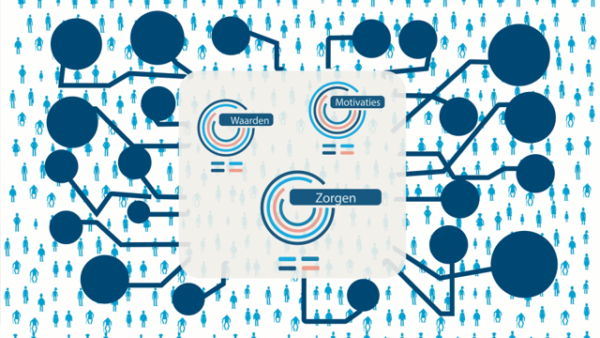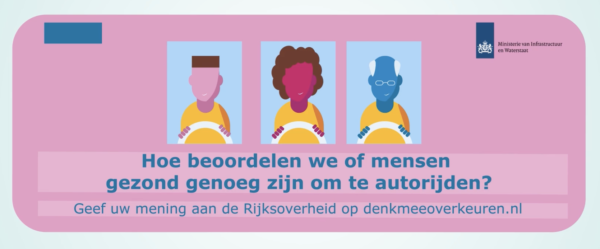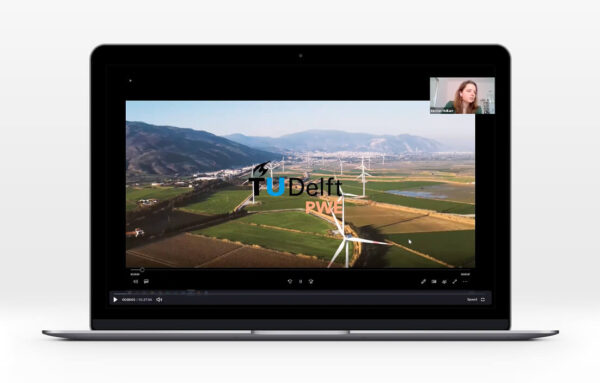Double celebrations!
Double celebrations!
We have something to celebrate! When it’s time for the holidays, we have an extra party at Populytics. Because Populytics celebrates its birthday and turns 1! And of course we would like to share this milestone with you.
A lot has happened in the past year. We have advised organizations, companies and government bodies on their policy with the help of more than 50,000 Dutch people. And that’s something to be proud of! We also stood out in the media with our projects. For example, our research on corona measures appeared several times in the Dutch national media this summer. The highlight is a publication in Linda Magazine about our consultation on the medical inspection of driving license holders ????.
But a lot has also happened within the organization. For example, we opened our first office in Leiden and we were able to hire the first permanent employees. In addition, we had a highlight with our software developers where we built our software from the ground up and have now created a scalable first version of the Wevaluate platform!
The year has flown by, thanks in part to all those who, like us, believe in the benefits of involving citizens in policy making. That is why we want to put our partners in the spotlight: TU Delft, Public Mediation, Councyl and the Nederlands Platform Burgerparticipatie en Overheidsbeleid. Thank you for your support and cooperation!
And of course we would like to thank all the people who took part in the studies and who shared their visions, ideas and considerations with us. We can’t wait to get even more input from you with the deployment of Wevaluate in the coming year.
Now it’s time to relax and enjoy. We wish everyone happy holidays and a happy new year!
Meer nieuws
News
In conversation with members of the Lower House about the climate consultation
17 June 2021
In conversation with members of the Lower House about the climate consultation
Today the results of the climate consultation have been shared with the Lower House.
What will the climate policy be in the coming years?
Over the past few months, the PWE-lab from the TU Delft together with the University of Utrecht has conducted a public consultation on climate measures. This in response to a request from the Lower House. The new government will have to take extra climate measures, if the Netherlands is to achieve the EU’s climate targets. Before deciding which climate measures will be taken, the government wanted to hear the advice from its society.
The citizen in the decision-maker’s seat
More than ten thousand people participated in the consultation. The participants were presented ten climate measures, together with an explanation of the effects and costs of these measurement for the government. Participants were bound to a governmental budget that they could spend on climate measures. This way, the dilemma and the choices that the government faces were simulated as best as possible.
Handing over the report
The input of all participants and the results of the consultation have been compiled into a hefty, multi-page report. Today this report was officially handed over to the Lower House and to Ed Nijpels, Chairman of the Climate Agreement Monitoring Committee. Niek also gave a technical briefing today to the Lower House, to explain the results and answer questions the House might have.
Niek: “I am pleased that the members of the Lower House were enthusiastic about our method and that they found the results useful.”
What does the population find important?
The report showed that three quarters of the population supports more ambitious climate measures, but only if three conditions are met:
- Low incomes must be protected
- Polluters must pay
- The benefits must be greater than the costs
Ed Nijpels responded by saying that he is pleased that a vast majority supports climate policy, but that it is up to the politicians to ensure that the conditions are met properly. If politicians can do that, the willingness among citizens will be high.
To be continued
The Lower House will delve deeper into the report in the coming period. The new cabinet will take the results of the consultation into account in the choices they will make regarding climate policy.
More news
Good news, you can contribute again! What should the medical examination for driving licenses look like? Yesterday a consultation went live in which you are asked that question. All Dutch citizens can participate. Make sure to give your advice.
Today the Webinar “Engaging citizens in energy transition” took place. This webinar was a collaboration between TU Delft’s PVE Lab and Populytics during which we discussed two recent consultations: 1) a citizen-initiated consultation on the heat transition in the Amsterdam district of Nieuw Sloten, and 2) a consultation combined with a citizen forum on the future energy policy of the municipality of Súdwest-Fryslân.
Nieuws
Citizens’ Forum Foodvalley Region advisory
Citizens’ Forum Foodvalley Region advisory
Where, how and how much solar and wind energy can we generate in the region by 2030? In the Foodvalley region, representatives of stakeholders are working with 8 municipalities, 2 provinces and 2 water boards to come up with the Regional Energy Strategy (RES) plan. A group of residents from throughout the region – a citizens’ forum – wrote an advisory report on how this regional plan could take into account what the residents consider important. Populytics carried out a consultation among the residents of Foodvalley Region in support of this advice.
More information about this participation process can be found here.
Several media outlets reported on this project:
https://www.omroepgelderland.nl/nieuws/6792310/Inwoners-adviseren-gemeente-over-de-energietransitie
More news
Good news, you can contribute again! What should the medical examination for driving licenses look like? Yesterday a consultation went live in which you are asked that question. All Dutch citizens can participate. Make sure to give your advice.
Today the Webinar “Engaging citizens in energy transition” took place. This webinar was a collaboration between TU Delft’s PVE Lab and Populytics during which we discussed two recent consultations: 1) a citizen-initiated consultation on the heat transition in the Amsterdam district of Nieuw Sloten, and 2) a consultation combined with a citizen forum on the future energy policy of the municipality of Súdwest-Fryslân.
Nieuws
Insight into residents’ values in Súdwest-Fryslân’s energy policy thanks to PVE method
Insight into residents’ values in Súdwest-Fryslân’s energy policy thanks to PVE method
Recently Populytics CEO, Shannon Spruit was interviewed by the magazine Democracy in Action. In the article she explains how Participatory Value Evaluation can support local decision-making. Ending with this comprehensive list of tips, and the benefits of PVE for municipalities and residents:
Benefits for municipalities:
- PVE makes mass participation much easier and therefore more attainable.
- Decision-makers reach residents who do not normally participate in activities.
- The silent middle group becomes visible.
- The identified values are relevant beyond the issue at stake in the consultation.
Benefits for residents:
- Residents can choose when and where they participate and are included in difficult policy decisions.
- They can step into the shoes of a decision-maker and discover the complexity behind policy choices.
- In a safe environment residents are able to voice their opinions without bias.
Tips for municipalities:
- Think about your goals. This form of participation is most valuable if you really want to involve people in the policy and not only inform them.
- Manage expectations. If they exist, make consequences clear for the participating population.
- Think about the follow-up. Do not see participation and the use of this method as a one-off, but as a step towards improving the future relationship with your residents.
- Take the time to determine the right questions, how will you learn the most from your participants.
More news
Good news, you can contribute again! What should the medical examination for driving licenses look like? Yesterday a consultation went live in which you are asked that question. All Dutch citizens can participate. Make sure to give your advice.
Today the Webinar “Engaging citizens in energy transition” took place. This webinar was a collaboration between TU Delft’s PVE Lab and Populytics during which we discussed two recent consultations: 1) a citizen-initiated consultation on the heat transition in the Amsterdam district of Nieuw Sloten, and 2) a consultation combined with a citizen forum on the future energy policy of the municipality of Súdwest-Fryslân.
Nieuws
Public participation project Súdwest-Fryslân finalist Galjaardprijs
Public participation project Súdwest-Fryslân finalist Galjaardprijs

The project, ‘The energy transition as a joint decision of municipality and community of municipality Súdwest-Fryslân has been nominated for the Galjaard Prize. Populytics’ researchers Shannon Spruit and Niek Mouter contributed to this innovative citizen participation project. They set up a consultation using the Participatory Value Assessment method where regional residents could indicate their preferences for energy policy.
The Galjaard Prize is awarded each year to an initiative in the field of public communication that meets the criteria of being inspiring for its peers, innovative in its approach, and having an impact in terms of its results. The announcement of the winner took place on October 29th, 2020.
More information can be found at.
More news
Good news, you can contribute again! What should the medical examination for driving licenses look like? Yesterday a consultation went live in which you are asked that question. All Dutch citizens can participate. Make sure to give your advice.
Today the Webinar “Engaging citizens in energy transition” took place. This webinar was a collaboration between TU Delft’s PVE Lab and Populytics during which we discussed two recent consultations: 1) a citizen-initiated consultation on the heat transition in the Amsterdam district of Nieuw Sloten, and 2) a consultation combined with a citizen forum on the future energy policy of the municipality of Súdwest-Fryslân.



